Are fruits and vegetables actually necessary? Have you noticed a trend on social media platforms promoting the idea that fruits and vegetables are not necessary for good health? Well, this could not be further from the truth. Eating a variety of fruits and vegetables can significantly improve your health. They can help lower blood pressure, and reduce the risk of heart disease, stroke, and some types of cancer. Let’s discuss exactly how important a diet full of fruits and vegetables is.
Strengthens Immune System
Maintaining a strong immune system is crucial when it comes to staying healthy and warding off illnesses. Consuming a diet that includes lots of fruits and vegetables can be very helpful in boosting your immune system. Foods that are high in vitamin C, such as oranges, bell peppers, tangerines, broccoli, and cauliflower, can help ensure that you are meeting your daily value of vitamin C. This can be particularly helpful in protecting you against seasonal sicknesses such as colds and flu.
Along with vitamin C, vitamin A is also essential for a strong immune system. Vitamin A has anti-inflammatory properties which make it great for fighting off viruses. Foods such as carrots, sweet potatoes, leafy green vegetables, strawberries, apricots, and butternut squash are all excellent options to ensure that you are getting enough vitamin A in your diet.
When it comes to vitamin D3, it is one of the most important vitamins for a strong immune system. However, it can be challenging to get enough from Whole Foods alone. While eggs and salmon are great sources of vitamin D3, they do not provide us with enough for optimal health. Spending some time in the sun for 15 to 20 minutes a day can be super helpful in ensuring that you are not deficient in vitamin D3. This can be particularly helpful in the winter months when sunlight is scarce.
Rich in Antioxidants
Antioxidants are natural substances that can help protect our bodies against free radicals, which are harmful molecules that can damage our cells and contribute to the development of various diseases like cancer, heart disease, and Alzheimer’s. Consuming foods that are high in antioxidants can help neutralize free radicals and reduce the risk of these diseases.
One of the best food sources of antioxidants is blueberries. These small berries are packed with powerful antioxidants called anthocyanins, which give them their vibrant blue color. You can easily incorporate them into your diet by adding them to smoothies, oatmeal, yogurt, or simply snacking on them.
Another excellent source of antioxidants is artichoke. This vegetable is rich in fiber, vitamins, and minerals, and contains a variety of antioxidants such as quercetin, rutin, and gallic acid. Artichoke can be steamed, roasted, or grilled, and makes a delicious addition to salads, pasta dishes, or as a side dish.
Red cabbage is yet another great source of antioxidants. This cruciferous vegetable is high in vitamin C, vitamin K, vitamin A, and various antioxidants like anthocyanins and sulfur compounds. You can enjoy red cabbage by making homemade coleslaw, stir-frying it with other veggies, or simply roasting it with some olive oil and spices.
Incorporating these antioxidant-rich foods into your diet can help boost your overall health and reduce the risk of chronic diseases.
Helps Manage Weight
Eating a lot of vegetables and fruit with every meal can help manage a healthy body weight. Unlike rice, pasta, and potatoes, vegetables and fruit are low in calories and carbohydrates. Vegetables are a great option for those who want to lose some weight or control their appetite. Eating vegetables at lunch and dinner can help you feel fuller without adding too many calories to your daily intake. They are also very high in fiber, which will keep you feeling full and satisfied throughout the day.
High in Fiber
Dietary fiber is an essential component of our diet that plays a vital role in maintaining our overall health. It is found in a variety of plant-based foods, including fruits, vegetables, whole grains, and legumes. There are two types of fiber: soluble and insoluble fiber.
Soluble fiber is a type of fiber that dissolves in water to form a gel-like substance. It helps to lower blood cholesterol and glucose levels and promotes healthy digestion. You can find soluble fiber in foods like oats, peas, beans, apples, citrus fruits, carrots, barley, and psyllium.
Insoluble fiber, on the other hand, promotes the movement of material through the digestive system and increases stool bulk. It is a beneficial type of fiber for people who struggle with constipation or irregular stools. Foods that are high in insoluble fiber include whole-wheat flour, wheat bran, nuts, beans, and vegetables like cauliflower, green beans, and potatoes.
It is crucial to include both types of fiber in your diet to maintain good health. Eating a primarily whole-food diet with lots of fresh fruits, vegetables, and legumes is the best way to meet your fiber requirements.
A high-fiber diet has many benefits, including promoting a diverse gut microbiome, supporting healthy bowel movements, making you feel full and satisfied, and aiding in weight loss. Additionally, it may help lower cholesterol levels and promote healthy blood sugar levels.
When it comes to fruits and vegetables, some of the best sources of fiber include sweet potatoes, Brussels sprouts, collard greens, blueberries, apples, kiwis, avocados, raspberries, and many others.
It is important to note that many people fall short of consuming enough fiber in their diets. Men should aim for 38 grams a day, while women should aim for 25 grams a day to meet their daily fiber requirements.
Adds Flavor
Cooking with fresh vegetables can add incredible flavor to your favorite dishes. Instead of just having chicken and rice, you can try sautéed Brussels sprouts with olive oil and vinegar on the side. No matter what the meal is, adding a fresh vegetable can make all the difference. You can choose any vegetable you like and dress it up however you prefer – it doesn’t have to be boring. This is an excellent way to add more flavor to your food and make you feel more satisfied.
The Bottom Line
Eating vegetables and fruits is crucial for maintaining good health. However, there is a lot of misinformation on the internet regarding what to eat and what not to eat. Some doctors suggest a carnivorous diet, while others suggest that carbohydrates are harmful. Yet, others advocate a plant-based diet. In reality, a balanced whole-food diet that includes healthy carbohydrates, fats, proteins, and plenty of fresh fruits and vegetables is the best way to stay healthy. We need to avoid overcomplicating things and work together with an open mind to achieve good health. Simply put, eating lots of vegetables and fruits, along with healthy protein sources, fat, and carbohydrates, and staying active will help you live a long and healthy life.
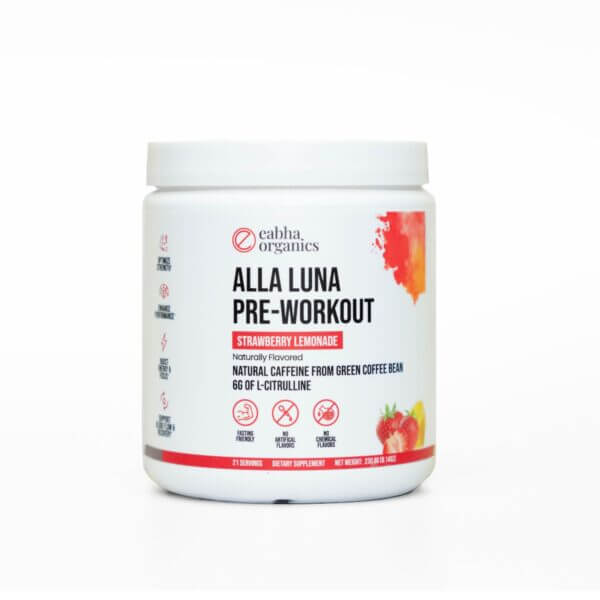


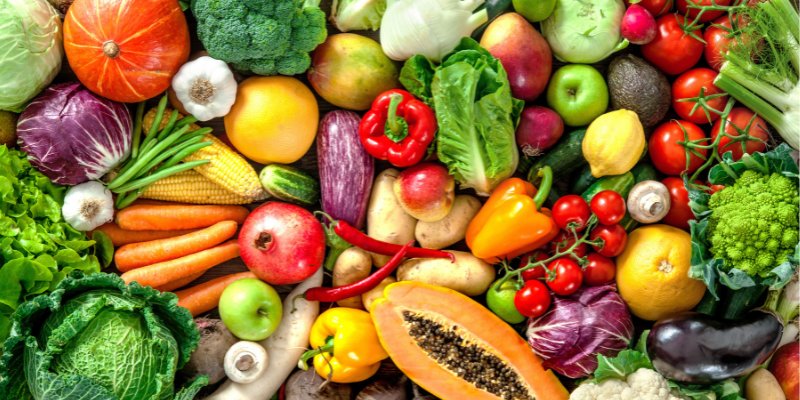


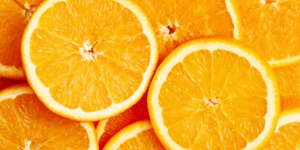
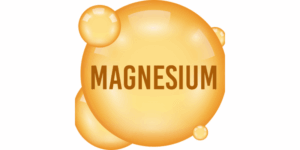
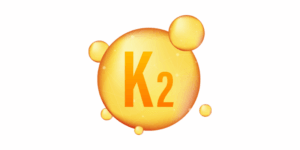

One Response